Follow us and share.
What is Zinc and What Does It Do in the Human Body? A deep dive into this essential mineral for your daily health.
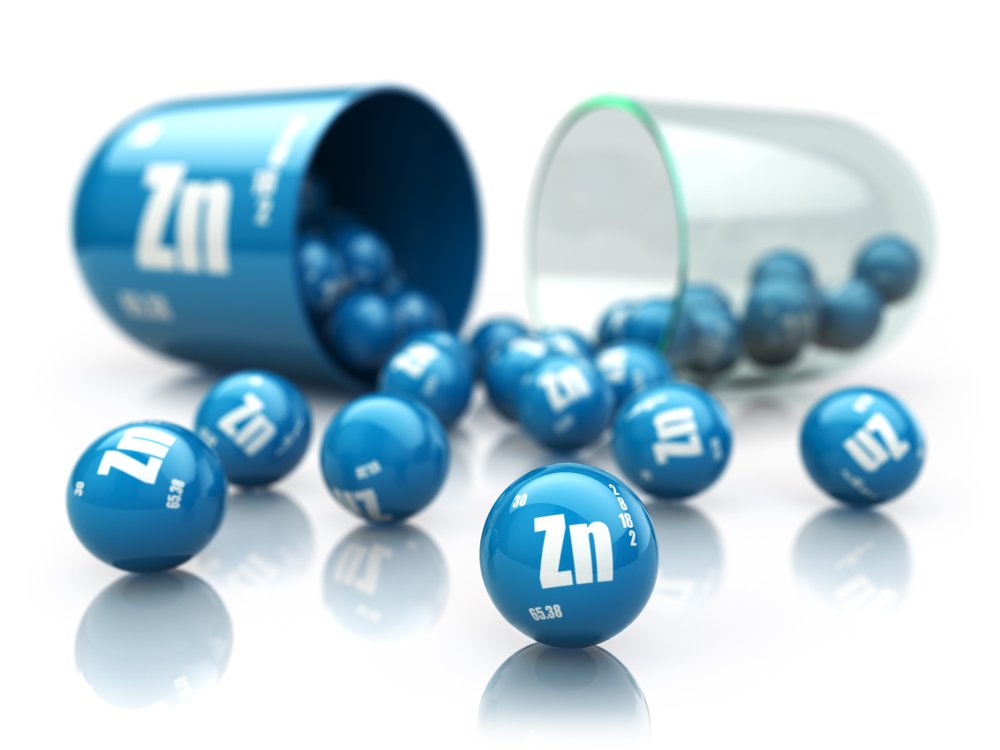
When we talk about staying healthy, we usually think of vitamins, exercise, and good nutrition. But there's one little hero who often goes unnoticed: zincThis mineral may be tiny in quantity, but its impact on your body is enormous. Want to know why it's so important and what functions it plays? Let's find out together!
📌 What is zinc?
He zinc it's a essential mineral that the human body cannot produce or store in large quantities, so it must be obtained through diet or supplements. According to the U.S. National Institutes of Health (NIH), is present in all cells of the body and participates in numerous vital functions, from cell growth to the immune system.
📌 Key functions of zinc in the human body
🧠 Strengthen your immune system
Zinc is well known for its role in immune response. It helps activate cells such as T lymphocytes, which fight infections and viruses. In fact, studies of the NIH They point out that a zinc deficiency can increase the risk of respiratory infections.
💪 Participates in wound healing
Have you ever cut yourself and had it heal quickly? Zinc probably had something to do with it. According to the Mayo Clinic, this mineral contributes significantly to the tissue regeneration and accelerates the wound healing, even in burns or ulcers.
🧬 Supports DNA synthesis and cell growth
During pregnancy, childhood, and adolescence, the body grows and divides at a rapid rate. Zinc is essential for these processes because participates in DNA synthesis and cell division, as detailed in the NIH.
👃👅 It influences taste and smell
A zinc deficiency can directly affect your senses. taste and smellThis happens because this mineral is necessary for the enzymes that stimulate both senses, as explained by the World Health Organization (WHO).
🧠 Contributes to cognitive function
In the brain, zinc is involved in functions such as memory, learning and concentration. Research published in PubMed suggest that low zinc levels are associated with lower cognitive performance, especially in children.
⚙️ Antioxidant and cell protector
As if that were not enough, zinc also acts as a antioxidant, combating the damage caused by free radicals in cells. This helps reduce the risk of premature aging and chronic diseases, explains Healthline.
Are you struggling to meet your daily zinc needs through diet? You may want to consider a High-quality zinc supplement available on Amazon as support, always consulting with your doctor.
📌 How much zinc do you need per day?
Daily zinc recommendations vary by age and sex. Here I share the values established by the NIH:
| Cluster | Daily recommendation |
| Children (1-8 years) | 3-5 mg |
| Teenagers | 8-11 mg |
| Adult men | 11 mg |
| Adult women | 8 mg |
| Pregnant women | 11-12 mg |
| Lactation | 12-13 mg |
⚠️ It is not recommended to exceed 40 mg per day without medical supervision.
📌 Where is zinc found in food?
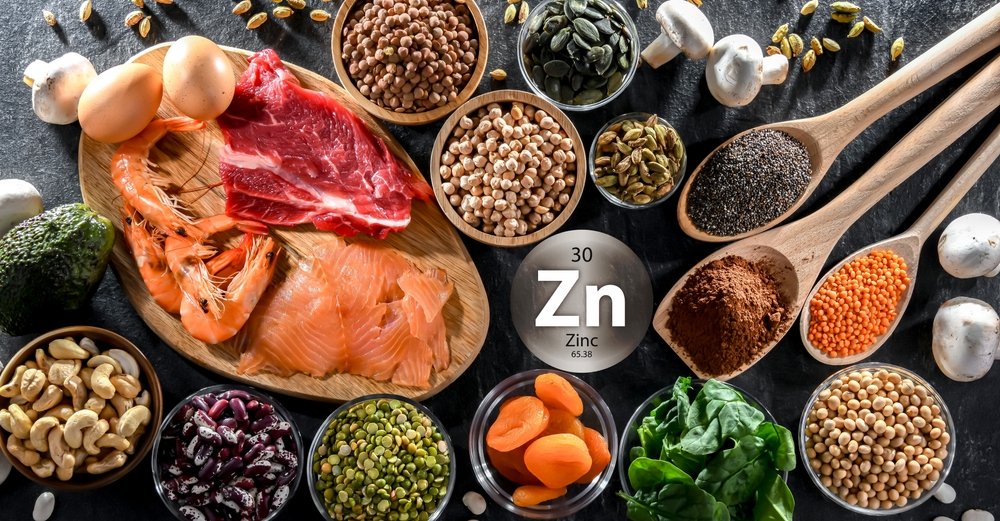
According to MedlinePlus, you can find good amounts of zinc in:
- Oysters and shellfish (oysters are the richest in zinc)
- Beef, pork and chicken
- Eggs and dairy
- Nuts and seeds (such as almonds and pumpkin seeds)
- Legumes: lentils, chickpeas, beans
- Whole grains
💡 Useful information: Zinc from animal sources is better absorbed than from plant sources. Therefore, those who follow vegetarian or vegan diets should monitor their intake more closely.
Are you struggling to meet your daily zinc needs through diet? You may want to consider a High-quality zinc supplement available on Amazon as support, always consulting with your doctor.
📌 Zinc deficiency symptoms

According to the WHO, the most common symptoms of a zinc deficiency include:
- Weakened immune system
- Childhood growth retardation
- Wounds that take a long time to heal
- Loss of appetite, taste, or smell
- Hair loss
- Skin problems
- Learning or concentration difficulties
📌 Who is at greater risk of deficiency?
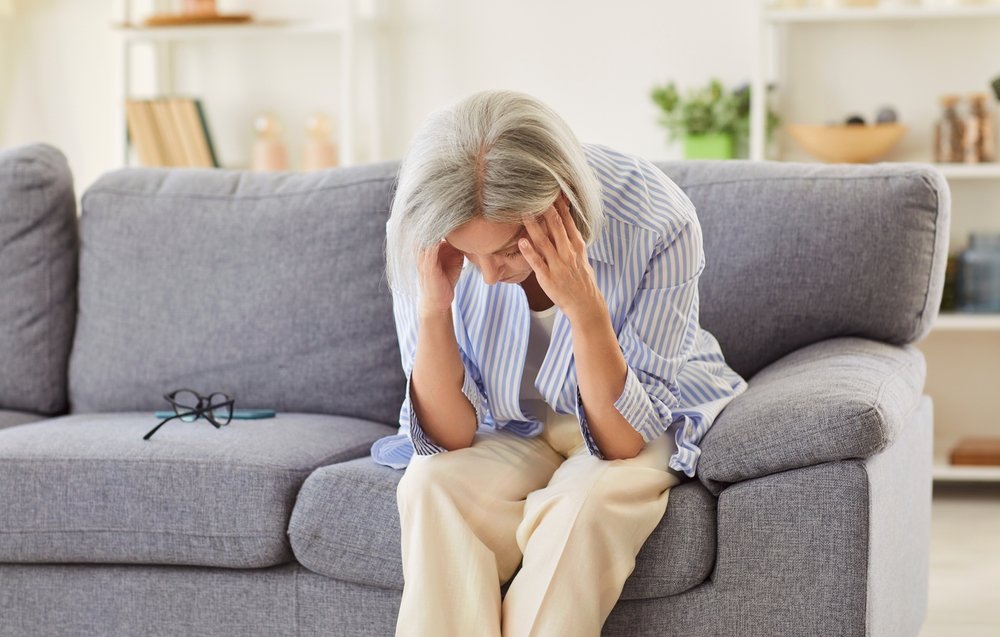
The following groups, according to CDC, are more likely to have low zinc levels:
- Elderly people
- Pregnant or breastfeeding women
- Individuals with intestinal diseases (Crohn's, celiac disease)
- People with strict vegetarian or vegan diets
- People with excessive alcohol consumption
📌 Can excess zinc be harmful?
Yes. As indicated by the Mayo Clinic, an excess of zinc can cause:
- Nausea, vomiting and diarrhea
- Headache
- Lowering of the defenses
- Decreased absorption of other minerals, such as copper
That's why it's important not to self-medicate. Always consult a professional!
📌 Do I need zinc supplements?
If you have a balanced diet, chances are you you don't need supplements. However, in situations such as Excessive hair loss, frequent infections, or digestive problems, it may be useful to supplement under medical supervision, as indicated WebMD.
💡 Taking care of your health starts with what you eat
Zinc is a mineral small in quantity but giant in functionsFrom supporting your immune system to helping you heal faster, thinking clearly, and keeping your skin healthy, its impact is comprehensive.
By including zinc-rich foods in your diet, you're giving your body the tools it needs to protect you and maintain your balance. And remember: the key is balance. No more, no less.
We recommend the Zinc Supplement to improve the immune system
.In addition to its essential role in strengthening the immune system, Zinc acts in synergy with other key nutrients, such as fatty acids omega 3, to enhance the anti-inflammatory function and maintain cellular health in optimal conditions.
❓ Frequently Asked Questions
1. Can zinc prevent the flu or colds?
Yes, some studies suggest that it can shorten the duration of colds If taken at the onset of symptoms, it's not a miracle cure, but it helps.
2. What happens if I take too much zinc without medical supervision?
You may experience digestive problems or affect your immune system. It is not recommended to exceed 40 mg daily. without medical indication.
3. How do I know if I have zinc deficiency?
Fatigue, frequent infections, hair loss, or skin problems can be signs. It's best to consult a doctor and request a laboratory test.
4. Can I take zinc during pregnancy?
Yes, but under medical supervision. It's essential for the baby's development and the mother's health.5.
5. Does zinc help with acne?
Yes, its anti-inflammatory properties make it useful as complementary treatment in cases of acne, especially the moderate one.

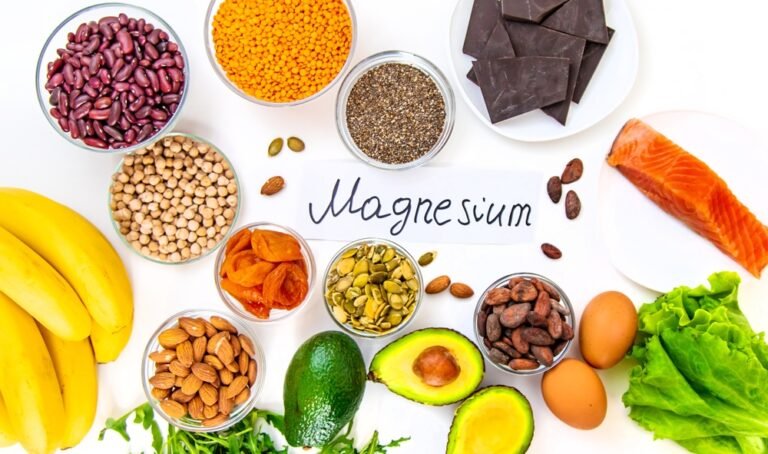
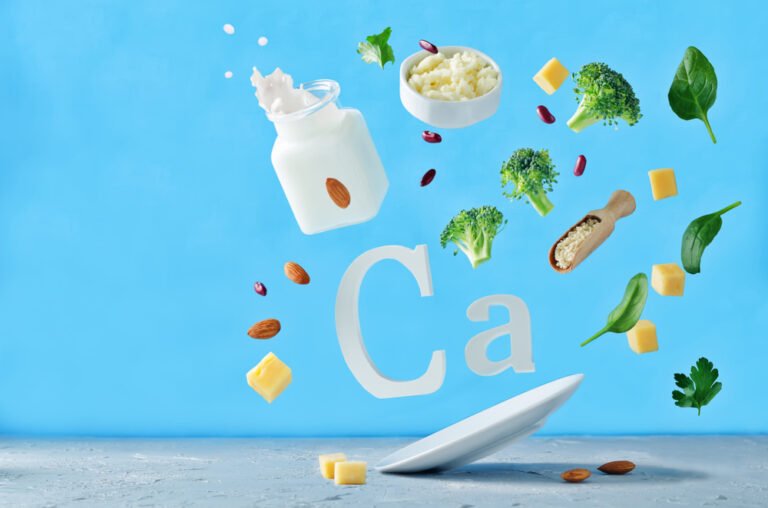
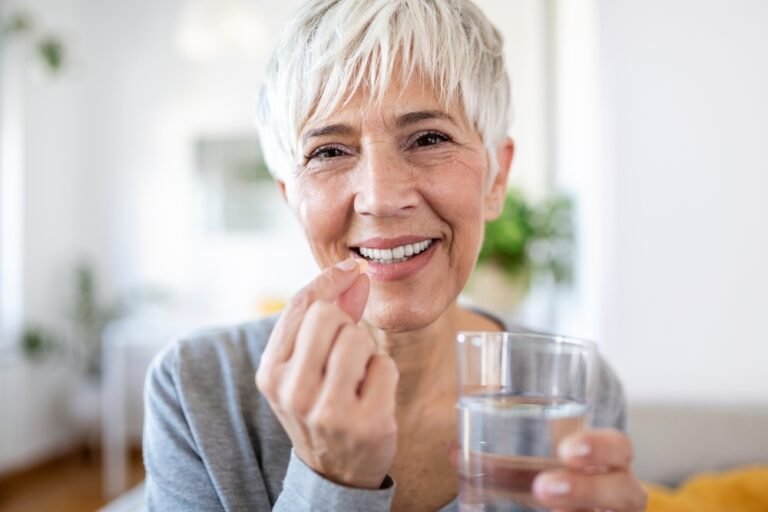
[…] essential, which also strengthens the body's defenses and participates in key functions, is zinc, whose importance goes far beyond the immune system […]